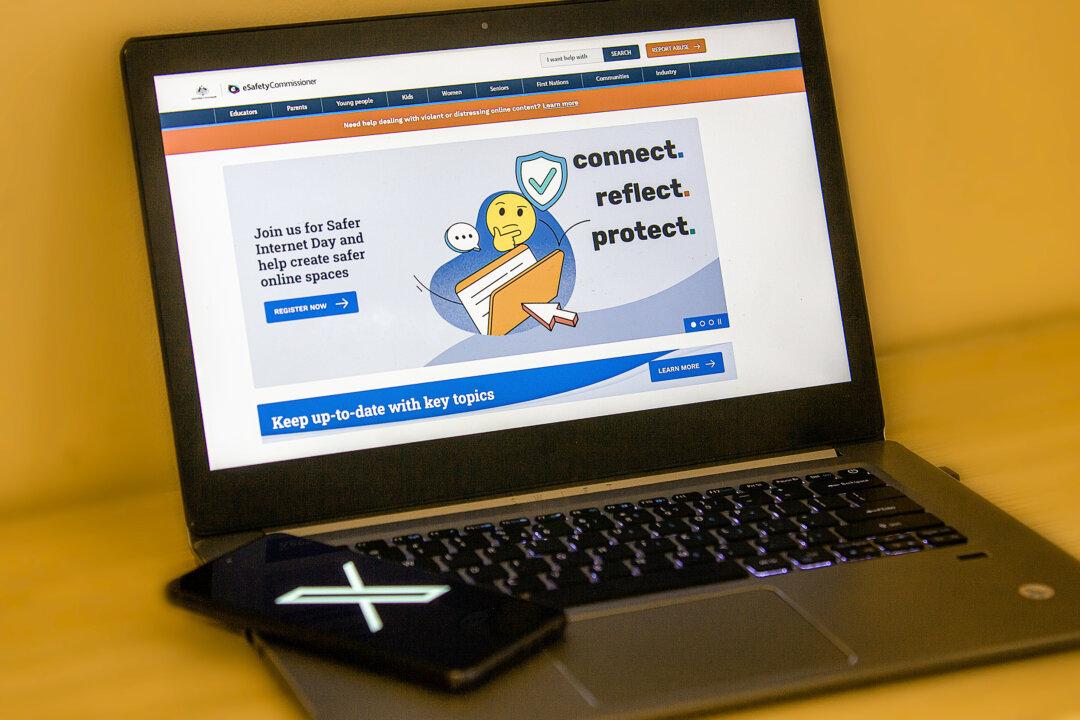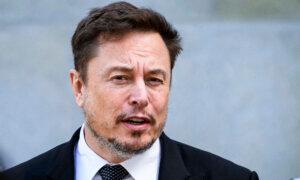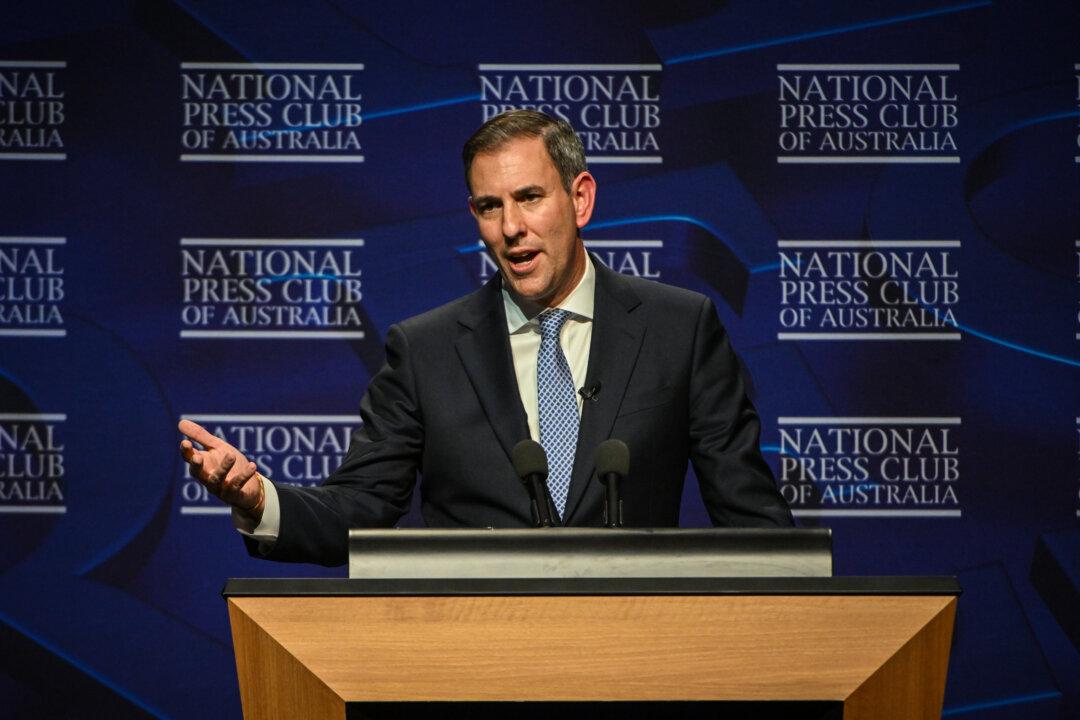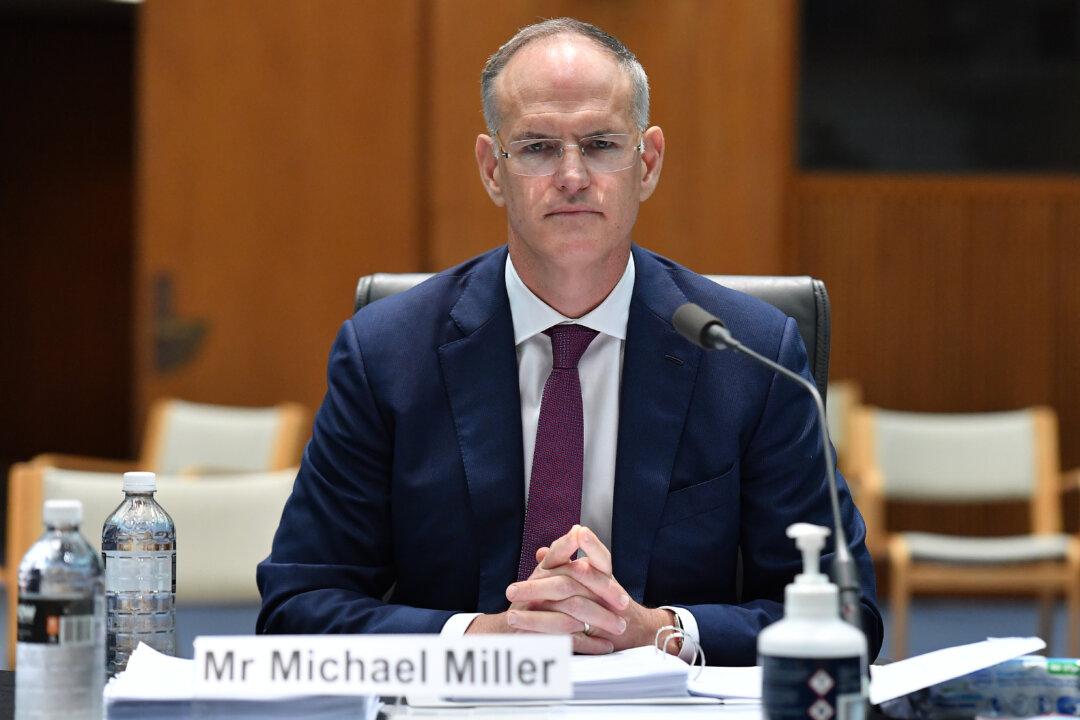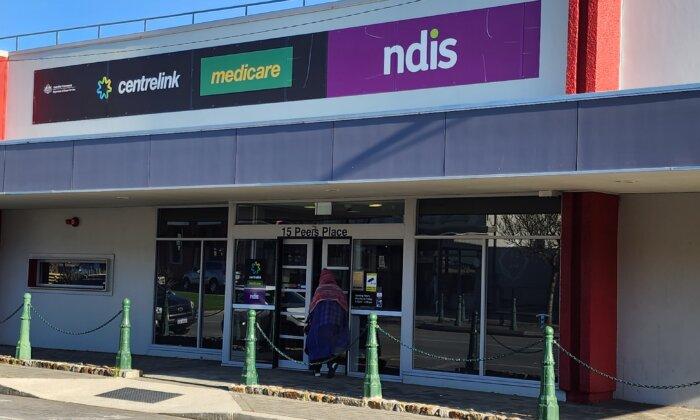Australia’s internet content regulator has denied being an “Orwellian” agency amid a debate over social media censorship.
During a recent Budget Estimates hearing, eSafety Commissioner Julie Inman Grant said her organisation did not operate as a “censor.”
“We do not have powers or, frankly, the resources to proactively monitor the internet,” she said.
“So, no, we’re not sitting in a dark room somewhere pushing a red button deleting content.”
Ms. Inman Grant also refuted the idea that eSafety was using online tools to spy on Australian internet users.
“And we are certainly not using social listening tools like [online media monitoring firm] Meltwater to measure anything other than how eSafety’s conversation is being recorded,” she said.
“A number of government agencies use these tools. It’s a very key brand and marketing tool.
“There are no names or searches for Australian individuals. That is deliberate misinformation.”
The commissioner then stated that her agency mainly responded to specific complaints from the public, which she said had risen over the years.
“We were set up by Parliament to serve as a safety net when social media companies fail to enforce their own policies consistently and effectively,” she said.
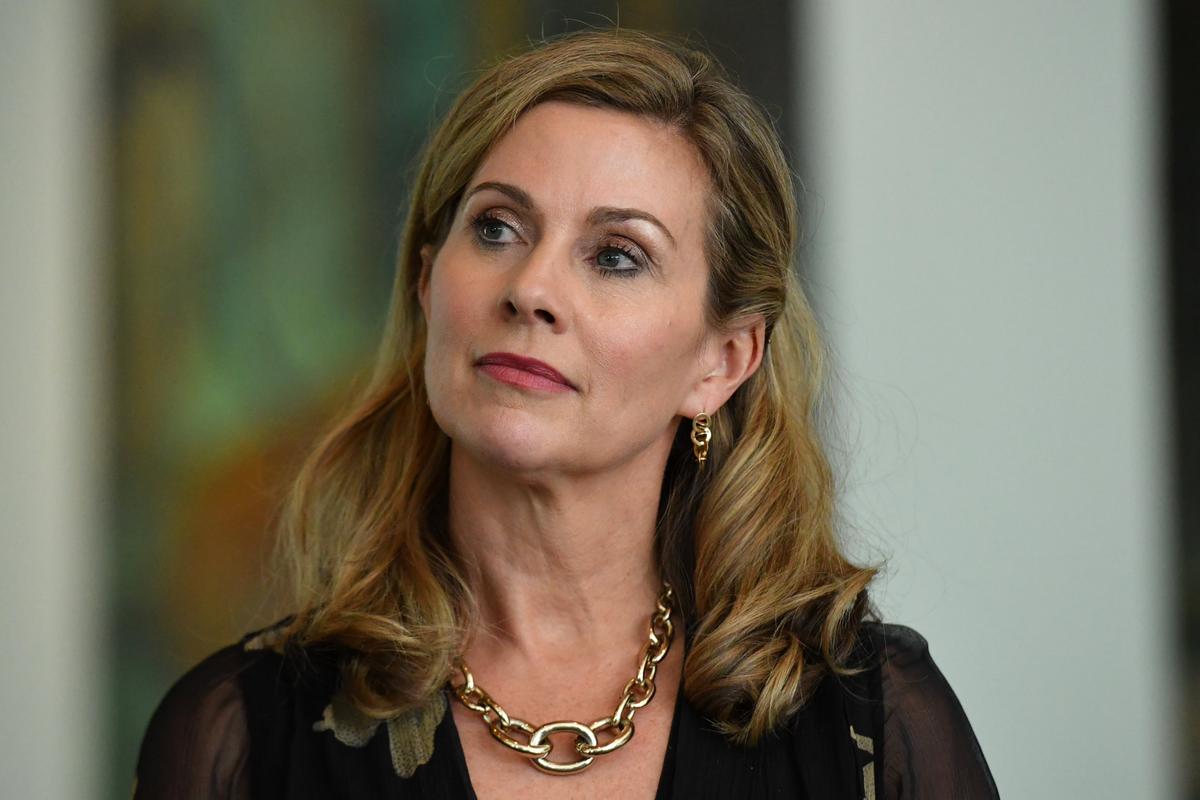
eSafety Not Interested in Monitoring Global Web
At the same time, Ms. Inman Grant said eSafety had no desire to monitor the global internet.While the commissioner acknowledged that her organisation had asked social media platforms to remove illegal content, she did not believe it amounted to censoring the whole internet.
“None of this illegal content is hosted in Australia. Almost all of the content–the child sexual abuse materials and terrorist content are hosted on sites overseas,” she said.
“They’re shared and go viral on platforms and social media sites based overseas.
eSafety’s Approach to Harmful Online Content
Ms. Inman Grant also shared eSafety’s approach to dealing with harmful online materials.“Our first preference is generally to approach the service provider informally to request removal,” she said.
“We found that to be a far faster and more effective way to have harmful material taken down, rather than going through the process of crafting and then issuing a formal notice.”
Concerns About eSafety’s Practices
Ms. Inman Grant’s statement comes amid the fallout of the regulator attempting to force social media giant X to remove a video of a Sydney bishop being stabbed by a teenager during a live-streamed service.While X said it complied with the order to remove content domestically, it baulked at the idea of axing content globally.
The eSafety Commission argued the video contained “offensive violence with a high degree of impact.”
In response, Graham Young, executive director of the Australian Institute for Progress, said much more graphic content was available on social media, including footage of the wars in Gaza and Ukraine.
Mr. Young also raised concerns that the removal order could alter the narrative of the stabbing incident.
“For most of us, the videos are just facts, but for others, the facts have a narrative use that don’t suit them. So no matter how true and factual, they must be ’misinformation,' he wrote in an opinion piece for The Epoch Times.
Meanwhile, American author and journalist Michael Shellenberger recently called out Ms. Inman Grant’s role in the multi-governmental Global Online Safety Regulators Network, which he said was an attempt to “censor the speech that politicians and government bureaucrats fear.”
He said the commissioner was working with members from France, the UK, Ireland, Korea, South Africa and Fiji, on unifying their stances to deal with online misinformation.
